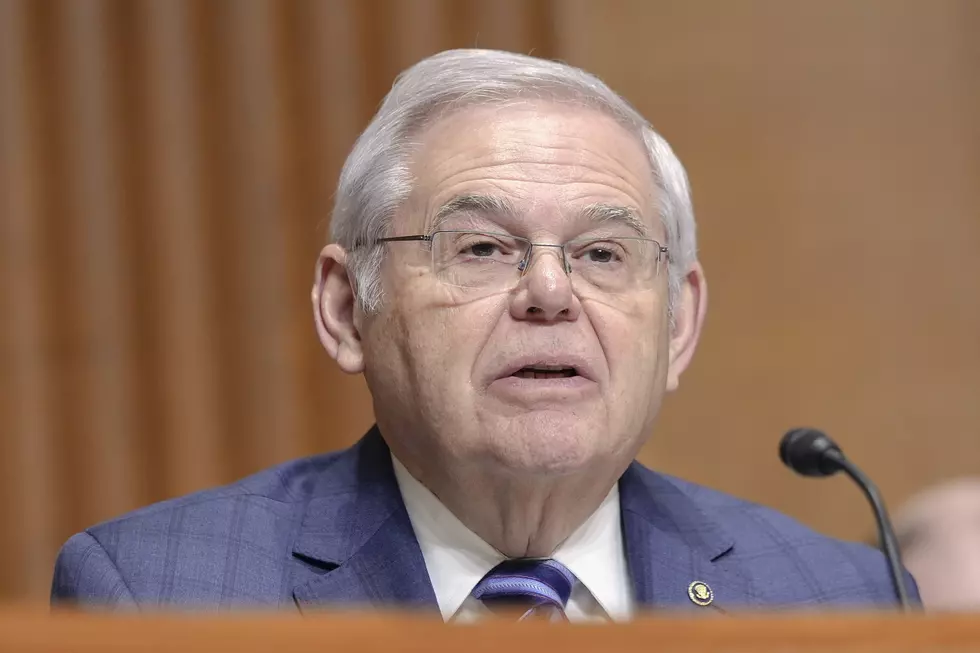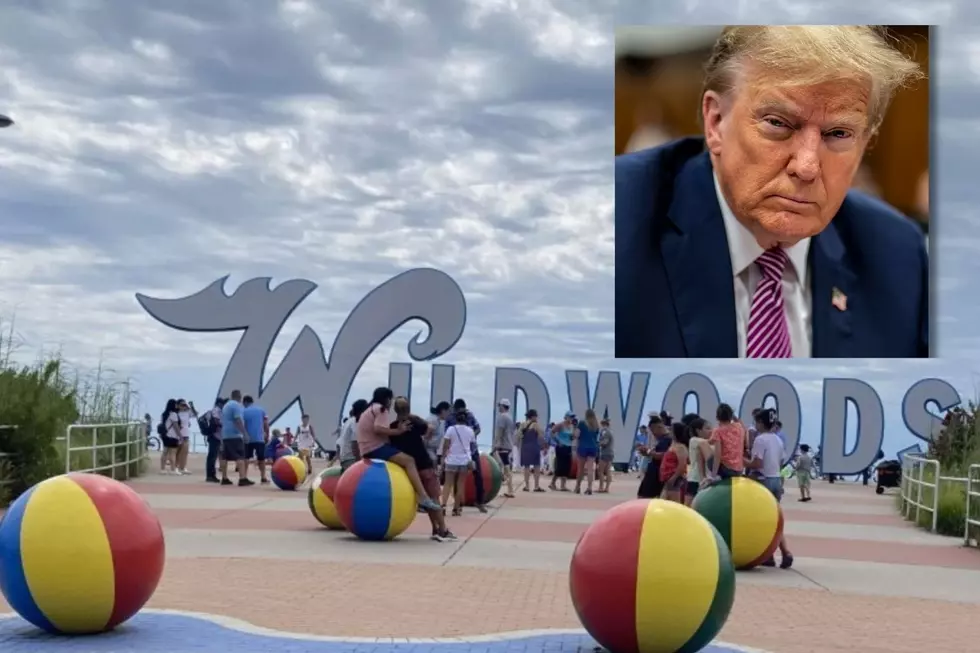
Amid doubts, Obama seeks to reinvigorate Asia ties
BRISBANE, Australia (AP) -- Closing out his Asia-Pacific tour, President Barack Obama called on Asian nations Saturday to join the United States in confronting the globe's biggest challenges, from climate change and poverty to violent extremism.
Obama insisted that skeptics who discount his efforts to strengthen U.S. engagement in the region are overlooking his successes and underestimating the opportunities that remain during his final two years in office.
Obama's speech to university students formed the capstone of his weeklong trip to China, Myanmar and Australia, where he sought to reinvigorate ties to a region he's made central to his foreign policy and legacy. Leaders in Asia have questioned whether that effort has been more talk than action, but Obama said the U.S. was working "day in and day out" to make American power a positive presence in the region.
"It won't always make the headlines," Obama said at the University of Queensland in Brisbane. "It won't always be measured in the number of trips I make - although I do keep coming back."
This was Obama's second visit to Asia this year and his sixth as president. Yet this trip, which Obama said spanned 15,000 miles, came as the president faced skepticism on two fronts: whether his Asian aspirations have fallen victim to festering crises in other parts of the globe, and whether his drubbing in this month's midterm elections has diminished his global clout for the remainder of his presidency.
"There are times when people have been skeptical of this rebalance, they're wondering whether America has the staying power to sustain it," Obama said. "I'm here to say that American leadership in the Asia Pacific will always be a fundamental focus of my foreign policy."
Playing to the young and enthusiastic crowd, Obama repeatedly took thinly veiled jabs at Australian Prime Minister Tony Abbott, Obama's host.
Despite the close alliance between their countries, Obama and Abbott have clashed on a number of issues - most notably climate change, a key domestic issue in Australia. Abbott has been skeptical of global warming, and his government rose to power on the promise of axing a hated carbon tax on the nation's worst polluters.
"I know there's been a healthy debate in this country about it," Obama said with a smirk, prompting laughter from the audience. But Obama said "nobody has more at stake" than the Asia Pacific when it comes to stopping climate change.
Pointedly, Obama used his speech to announce a $3 billion commitment by the U.S. to a global climate fund aimed at helping poorer nations improve climate resilience and cut pollution. He also touted a groundbreaking climate deal he struck with China days earlier in Beijing, arguing that if the U.S. and China can agree on climate change, surely the world can follow suit.
"We can get this done," he said.
In another implicit critique of Abbott, whose government has cut off entry visas for people from Ebola-stricken countries in West Africa, Obama said, "We cannot build a moat around our countries - and we shouldn't try."
After the speech, Obama joined the leaders of Russia, Canada, the United Kingdom and more than a dozen other nations for the annual Group of 20 economic summit of developed and developing nations. Heads of state piled into an auditorium for a welcome ceremony featuring aboriginal performers from Australia, who chanted, danced and played the didgeridoo, a wind instrument.
The president's tone toward China was noticeably tougher during his remarks in Australia than during his three days in Beijing, where he and President Xi Jinping sought to emphasize areas of agreement. Obama's shift in emphasis reflects the concern among other nations in the region about China's increasing aggression, particularly in its territorial disputes with neighbors.
That's expected to be a major focus of Obama's meeting Sunday with Japanese Prime Minister Shinzo Abe and Abbott. China has long been skeptical of the relationship between the three countries, seeing their alliance as an effort to counter its rise.
The president singled out the territorial disputes, as well as North Korea's rogue nuclear program, as dangerous threats that could determine whether the Asia Pacific's future is defined by "conflict or cooperation."
Reflecting on his own security, Obama told the young Australians that when he visited an Australian military base in 2011 where U.S. Marines were stationed, his ambassador took out crocodile insurance on his behalf.
"There are just a lot of things in Australia that can kill you," Obama teased. "But that's an aside."
(© 2014 The Associated Press. All rights reserved. This material may not be published, broadcast, rewritten or redistributed)
More From New Jersey 101.5 FM









